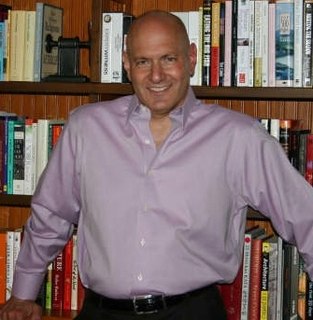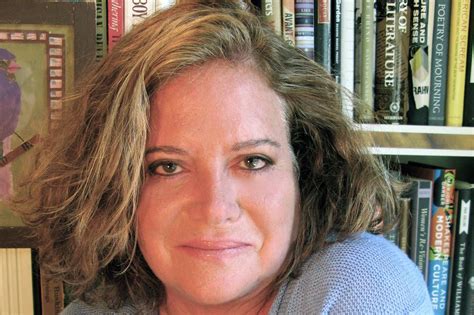A Quote by Shannon Purser
It's very important to me that people know that depression doesn't discriminate. A lot of people look at people who have depression and think that it's not legitimate because they're wealthy or it looks like everything seems to be doing fine. But it doesn't pick and choose. It can affect anybody in the brain, no matter how perfect your life seems.
Related Quotes
Manic depression is a type of depression, technically, and it's the opposite of uni-polar. Manic depression is also called bi-polar disorder. Some people don't like to call it that because they think it makes it sound too nice, when the reality is if you have manic-depression you have manic-depression.
I think people do look to writers to tell the truth in a way that nobody else quite will, not politicians or ministers or sociologists. A writer's job, is to, by way of fiction, somehow describe the way we live. And to me, this seems an important task, very worth doing, and I think also, to the reading public, it seems, even though they might not articulate it, it seems to them something worth doing also.
What does interest me is how difficult my culture seems to find it to look the dark side of life directly in the eye. It seems to me that if we look back at mediaeval culture, for example, we see a society which faces the reality of death and pain and limitation, because it has to. Our society, which is progressive and technological and seems to have a slightly fanatical utopian edge to it, gets very uncomfortable when anybody highlights the dark side of humanity, or the world we have built, or what we are doing to the rest of life on Earth.
Self-censorship has become a part of me. I think because we live in a place where community is very important, family is very important, you feel the weight of how people look at you. Even though I might seem very modern and very liberated, I still have a lot of issues to deal with. I'm scared of how people look at me.
Life has to keep going, so you can either be a victim the rest of your life and let it drag you down into drugs and alcohol and depression or you can turn it into something good, fun even, you know, and I tell young people who are going through depression that this might be the most important time of your life. This might be what makes you a great artist later on.
Because depression is so thematically powerful and so dark, when it's very severe, it can make people feel not only as if they've lost a loving connection, but as if the whole world is devoid of love. So if we wonder how somebody could take 149 people with him when he commits suicide, one answer can be that depression, when it's most severe, can make people feel that life is completely without value, not just for them but for anyone.
No company can say our country is great because of our diversity. They can say it but has nothing to do with it, literally nothing to do with it, how diverse you are. "Well, it just means that we don't discriminate. It means that we value all people." Fine and dandy. But unless your company makes something or has a service and you have an atmosphere where people working for you can become the best they can be, it doesn't matter what your workforce looks like, dummkopf.
Depression is not caused by a chemical imbalance in the brain, and it is not cured by medication. Depression may not even be an illness at all. Often, it can be a normal reaction to abnormal situations. Poverty, unemployment, and the loss of loved ones can make people depressed, and these social and situational causes of depression cannot be changed by drugs.
I have tons of stuff that, you know, seems like it's a well-constructed sentence but it is not how people talk, it's how people write. So that's why I think it's sometimes easier for me to write for actors 'cause I know what's frustrating about, you know, sentences that come out just perfect. Well, who talks like that? And who of us don't overlap each other? Except on the radio, hopefully.
I write a lot of songs about love and I think that’s because to me love seems like this huge complicated thing. But it seems like every once in a while, two people get it figured out, two people get it right. And so I think the rest of us, we walk around daydreaming about what that might be like. To find that one great love, where all of a sudden everything that seemed to be so complicated, became simple. And everything that used to seem so wrong all of a sudden seemed right because you were with the person who made you feel fearless.



































